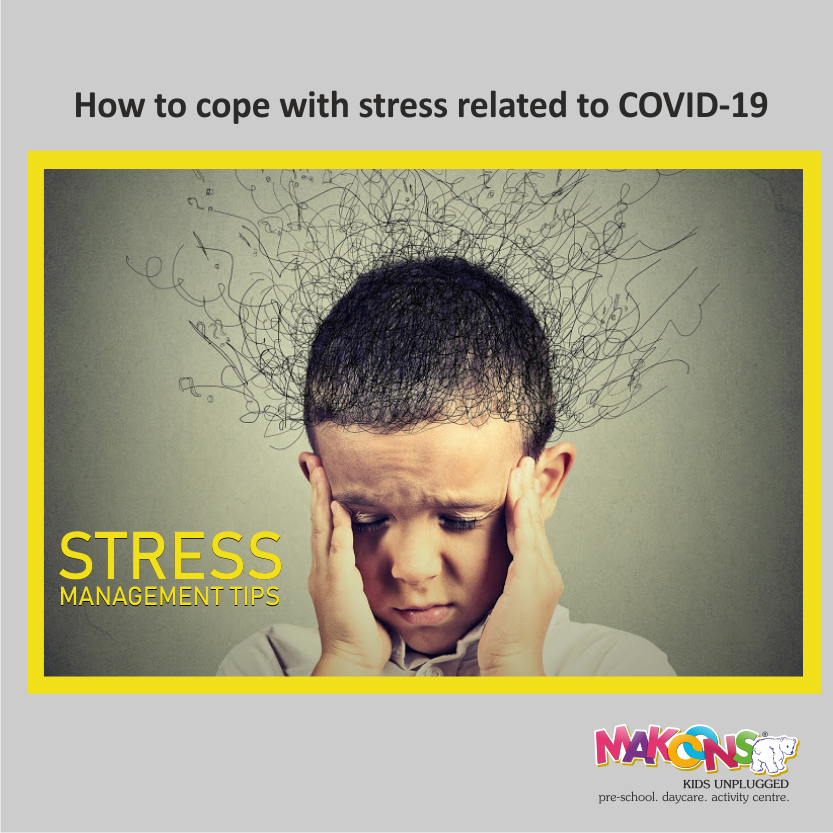It can feel stressful and overwhelming during an event like the outbreak of the Novel Coronavirus (COVID-19) and we can all be affected differently. You might feel overwhelmed by the information, conversations, and increased levels of stress in your community. It can be hard to know what information to trust especially in a situation where things are changing so quickly. It can be helpful to keep up-to-date but it’s also okay to switch off from the 24-hour media cycle if this is getting too much.
During this time some things in your life may be affected by attempts to contain the spread of the virus. You may have been looking forward to a gig or a trip that’s been canceled. You may be affected by school, uni, or your workplace temporarily closing. Or you may have a loved one who is directly affected by the virus.
It’s important to find the right level or type of support for you. And keep in mind that the type of support you may need can change as time passes. For many people staying connected to family and friends/loved ones is important.
The following information outlines things that might be helpful to manage any changes to daily life as a result of containment measures for COVID-19.
- Be mindful of exposure to information through stories, traditional and social media.
It can be helpful to take a break from the 24-hour news cycle - Do things that make you feel safe and connected, and be with those who are helpful to your wellbeing
Engage in activities that promote a sense of calm and feeling grounded (engage yourself and your family in Yoga to calm down your senses) - Our 7 tips for a healthy headspace demonstrate simple and effective things that can help people
to create and maintain a healthy headspace, irrespective of whether they have been affected
by COVID-19 or not as listed below - It can help to talk with a trusted adult if it all feels a bit much.
Tips to Maintain a Healthy Headspace During this Time
Check out our tips below and see how you can start to make some simple changes in your daily life.
1. get into life
2. learn skills for tough times
3. create connections
4. eat well
5. stay active
6. get enough sleep
7. cut back on alcohol and other drugs
Common reactions
Fear and anxiety
- At this time you might experience feelings of fear or anxiety.
- You might be worried about the virus and how it might affect you, your loved ones or your life.
Anger, frustration, and confusion
It can be difficult to understand what to do in these situations because of the volume of different information available. This might feel confusing and frustrating, this is normal. Events like these can reduce the things we normally do in our days and that can seem unfair. This might make you feel frustrated or angry.
Sadness
If you’ve been asked to stay at home or stop your normal activities you might feel disconnected from important people or things in your life. This might make you feel sad or bored.
Denial
When bad things are happening, some people might prefer not to think about them at all. This might be helpful to start with, but our feelings can catch us by surprise later on. It’s OK to distract yourself, but also find some time to think about what is happening and how you’re doing.
If you start to notice that you are experiencing these things, it is important to remember that these are normal reactions to a non-normal time.
During this time it is important as best as possible to keep engaged with the activities that support your wellbeing. You might need to get creative in how you continue to do them.
How you find this useful, stay tuned for more useful tips on Stress Management

